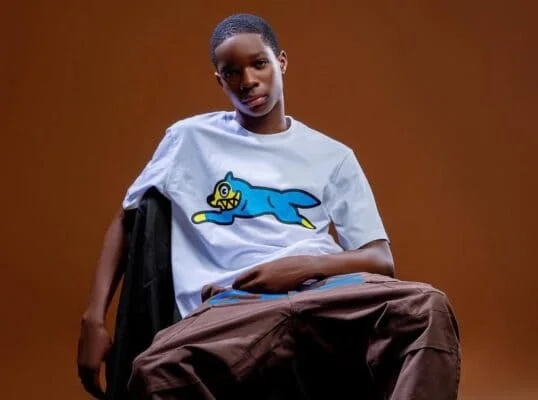African fashion is more than just clothing; it is a form of artistic expression that embodies cultural identity and heritage. This article explores how African designers are making waves on the global stage, showcasing the artistry and innovation inherent in their work.
Cultural Significance of Fashion Fashion in Africa is deeply intertwined with cultural narratives. Traditional garments often tell stories, reflecting the wearer’s identity, beliefs, and social status. Understanding this cultural context is essential for appreciating the artistry behind contemporary African fashion.
Rise of African Designers In recent years, African designers have gained international recognition, showcasing their work at fashion weeks and exhibitions around the world. Designers like Lisa Folawiyo and Amaka Osakwe are celebrated for their unique styles that blend traditional techniques with modern aesthetics, captivating audiences globally.
Collaborations and Partnerships Collaborations between African designers and international brands are becoming more common, creating exciting opportunities for cultural exchange. These partnerships allow designers to reach new markets while infusing global fashion with African influences.
Case Studies Highlighting events like Lagos Fashion Week and the African Fashion International can illustrate how these platforms elevate African fashion. Additionally, profiles of designers who have successfully transitioned from local markets to international recognition can provide insight into their journeys and challenges.
Conclusion The global influence of African fashion is a testament to the creativity and resilience of its designers. By celebrating their cultural heritage while pushing the boundaries of contemporary design, they are reshaping perceptions of African artistry on the world stage.






















